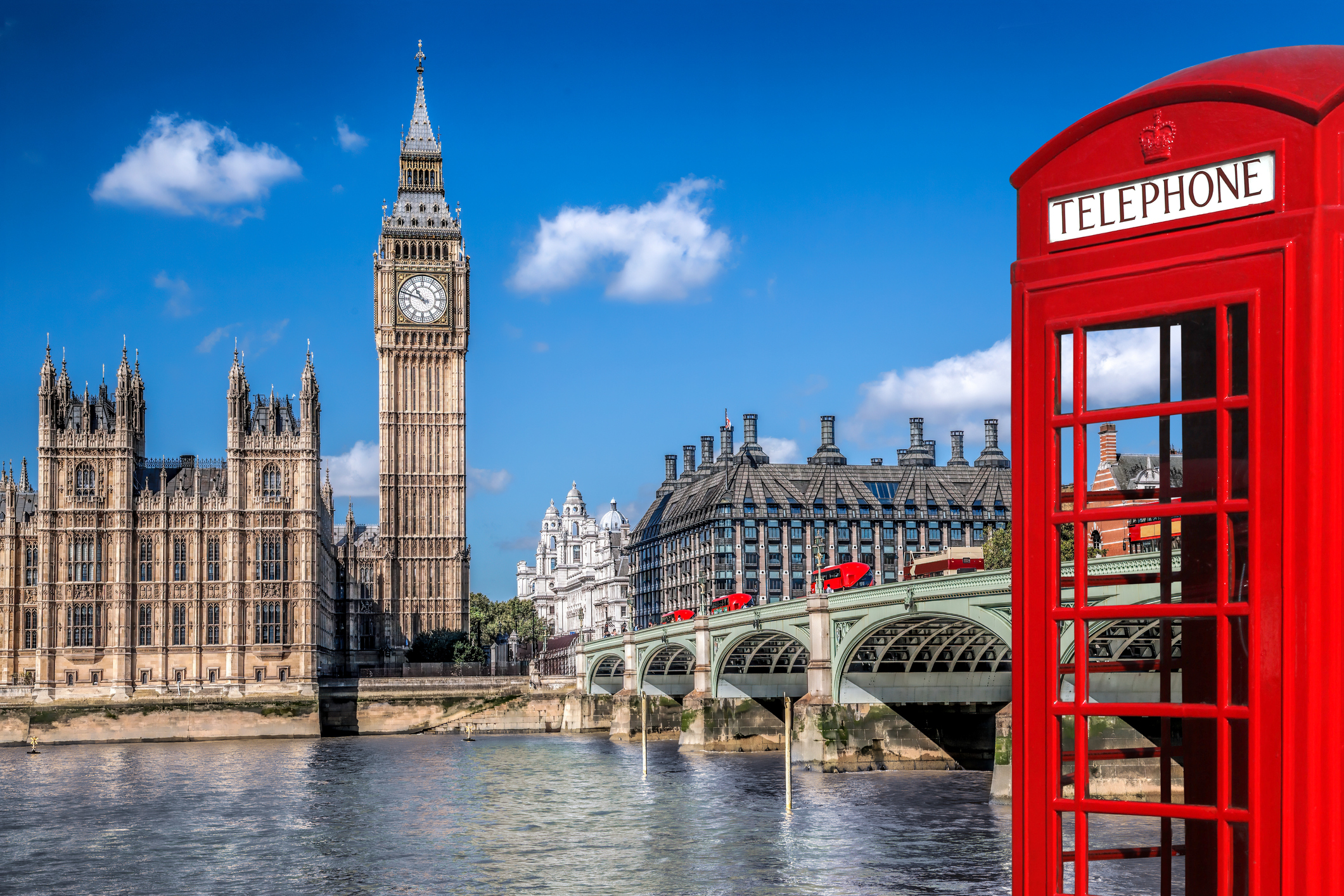London Borough to Implement Significant Increase in Emissions-Based Parking Charges
Projected Rise in Parking Permit Costs Over the Next Decade

Hackney Council has announced plans to increase parking permit charges by nearly six-fold over the next decade. The new charges, which are aimed at reducing traffic and pollution, will come into effect in 2023. Under the new scheme, the cost of an annual estate parking permit for the most polluting diesel vehicles will rise from £213 to £1,249. Petrol vehicles will also see a significant increase in charges, with the cost of an annual permit rising from £97 to £433.
In parallel, Hackney is actively considering the implementation of additional traffic reduction policies, including the transformation of all local streets into low-traffic neighborhoods (LTNs) by 2026.
Mete Coban, the council’s head of transport and environment, emphasized their alignment with addressing the climate emergency and enhancing air quality. These efforts intend to encourage the adoption of public transportation, cycling, and walking. Coban stated, "In developing our parking charges, we’ve listened to our residents, who have asked for long-term certainty about permit prices, so they can make informed decisions."
These new charges will place additional financial strain on motorists, coinciding with existing Ultra Low Emission Zone (ULEZ) fees and congestion charges. Under the revised Hackney charges, an annual estate parking permit for the most polluting diesel vehicle will escalate from £213 this year to £1,249 by 2029-30. This includes a £200 surcharge, increasing by £50 annually, potentially leading to a £500 additional fee for diesel vehicles compared to other cars by 2029.
Petrol vehicles in Hackney, particularly those emitting over 191g/km of emissions such as certain Land Rovers, will face a fourfold increase from £97 to £433 over five years. In contrast, electric vehicles, currently subject to a £50 on-street permit fee, will experience a mere £4 increment over the next five years.
While estate resident permits will see a modest £10 increase during this period, concerns have been raised by advocacy group Save London Motorcycling, labeling the charges as "outrageous." A spokesperson from the group expressed concerns that the year-on-year increase exacerbates an already burdensome situation for motorcyclists.
As part of a broader strategy to reduce permit expenses, the council advises residents to consider purchasing greener vehicles, cycling, or joining car-sharing programs. Additionally, it recommends exploring the Mayor of London's £110 million car scrappage scheme, tailored to low-income individuals or beneficiaries.
Simultaneously, the council is exploring a pilot "pay-per-mile" road user charging system, complementing its introduction of several car-free developments.
"These plans set out the next stage of our ambitions to reduce traffic and pollution; get everyone traveling healthily; and create liveable neighborhoods that support this switch. Nearly all of Hackney will be low traffic; we’ll be developing options to support distance-based road user charging; there will be more bike and car sharing; we will create 4,000 new secure cycle parking spaces; every Hackney primary school will have a ‘school street’; and we’ll be doing everything we can to build a greener, healthier Hackney." - Councillor Coban




Comments
There are no comments yet for this item
Join the discussion